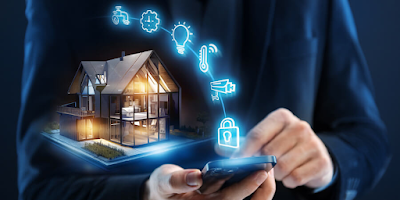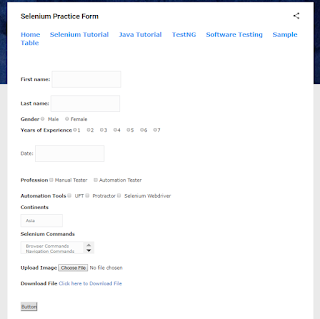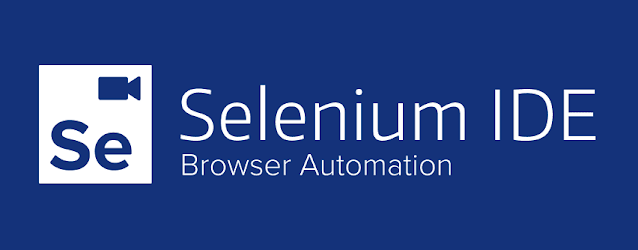AI in Everyday Life: Exploring AI-Powered Apps and Devices Transforming Our Daily Lives
Artificial Intelligence (AI) is no longer a futuristic concept confined to sci-fi movies or high-tech labs. Today, AI-powered apps and devices seamlessly integrate into our everyday lives, enhancing convenience, efficiency, and personalization. From the way we communicate to how we shop, learn, and entertain ourselves, AI has become an indispensable part of modern living.
1. AI in Communication and Productivity
Virtual Assistants
Devices like Amazon Alexa, Google Assistant, and Apple's Siri have revolutionized how we interact with technology. They can set reminders, control smart home devices, answer questions, and even entertain with jokes. These virtual assistants utilize natural language processing (NLP) to understand and respond to voice commands, making them intuitive and user-friendly.
Smart Email and Scheduling
Email platforms like Gmail use AI to filter spam, suggest quick replies, and even compose messages via Smart Compose. Apps like Google Calendar use AI to suggest meeting times and manage schedules, ensuring productivity stays on track.
2. AI in Entertainment
Streaming Platforms
Platforms like Netflix, Spotify, and YouTube leverage AI to recommend content based on user preferences. These algorithms analyze viewing or listening history, ratings, and even the time of day to serve up personalized recommendations, ensuring a curated entertainment experience.
Gaming
AI powers dynamic and adaptive gameplay in video games, providing non-player characters (NPCs) with human-like behavior. This makes games more engaging and challenging, catering to casual players and hardcore gamers alike.
3. AI in Health and Fitness
Fitness Trackers and Smartwatches
Devices like Fitbit and Apple Watch use AI to monitor physical activity, heart rate, sleep patterns, and more. These insights help users stay informed about their health and make better lifestyle choices.
Virtual Health Assistants
Apps like MyFitnessPal and Ada Health use AI to provide diet recommendations, track calorie intake, or assist in diagnosing symptoms. These tools empower users to take control of their health without frequent visits to a doctor.
4. AI in Shopping and Personal Finance
E-Commerce Personalization
Online shopping platforms like Amazon use AI to recommend products based on browsing history, preferences, and previous purchases. Chatbots on these sites assist with queries, providing instant support.
Budgeting and Investing
AI-powered financial apps like Mint and Robinhood help users manage their finances. They track spending habits, suggest budgets, and even offer investment insights tailored to user profiles.
5. AI in Smart Homes
Home Automation
Smart home devices like Nest thermostats and Ring doorbells use AI to adapt to user behavior. They can learn your temperature preferences, monitor security, and even recognize familiar faces.
Robotic Vacuums
Devices like Roomba use AI to map homes and optimize cleaning routes, ensuring efficient and thorough cleaning with minimal user intervention.
6. AI in Transportation
Navigation and Traffic Management
Google Maps and Waze utilize AI to provide real-time traffic updates, suggest optimal routes, and predict travel times. These apps make commuting less stressful and more efficient.
Ride-Sharing Services
Apps like Uber and Lyft use AI for dynamic pricing, route optimization, and estimated arrival times, enhancing both driver and rider experiences.
7. AI in Education
Learning Platforms
Apps like Duolingo and Khan Academy use AI to create adaptive learning experiences. They adjust difficulty levels based on user performance, ensuring personalized progress.
AI Tutors
AI-powered tools like Grammarly help students improve writing skills by suggesting corrections and enhancements. Meanwhile, platforms like Quizlet employ AI to generate study material tailored to individual needs.
8. AI in Photography and Creativity
Smartphone Cameras
AI-powered cameras in phones like the iPhone or Google Pixel analyze scenes in real time, optimizing settings for perfect shots. Features like portrait mode, night vision, and auto-editing are all AI-driven.
Creative Tools
Apps like Canva and Adobe Photoshop use AI to suggest design improvements, generate templates, and automate tedious editing tasks, making creativity accessible to everyone.
The Future of AI in Daily Life
The AI revolution is just beginning. As technology advances, we can expect even more integration of AI into our routines, making everyday tasks faster, smarter, and more enjoyable. However, with this increasing reliance on AI, it’s crucial to address concerns around data privacy and ethical AI usage to ensure these innovations benefit society as a whole.
AI is no longer just a tool; it’s a companion in our daily journey. Whether it’s waking up to an AI-powered alarm, getting directions for a road trip, or finding the perfect recipe for dinner, AI enhances our lives in ways we often take for granted. It’s not just shaping the future; it’s shaping our present.









.png)

















Comments
Post a Comment